By Abebe Gellaw
It has come to my attention that my brief Facebook comment regarding a few controversial statements made by Jawar Mohammed has been posted on ECADF’s website as an article. I had no intention of writing a series piece on the issue. Quite obviously, there is a big difference between a well-thought out lengthy commentary and a brief message in a particular context.
My intention was just to appeal for calm and harmony, a necessary effort lacking in our political discourse. Often times, a message without its context is open to misinterpretation and misunderstanding. So there seems to be a need to clarify.
Politics, as far as I understand, is a mechanism of managing conflict of interests. It is a means of building consensus through dialogue and compromise. Since the early 1960s, the major political conflict in Ethiopia has been between ethno-nationalists and nationalists. The forces on both ends of the political spectrum have not still found a middle ground that can bring them towards consensus and compromise.
My understanding is that Jawar is an ethno-nationalist. As an ethno-nationalist, he says he is an Oromo first. Unlike him, I am a nationalist. But that is not the major problem. The problem is the way he has chosen to articulate and present his views in question that have been widely perceived as inflammatory and divisive.
I firmly and fervently believe that I am an Ethiopian first. I do not wish to allow the ethnic origin of my predecessors and parents to define me as a human being and overshadow my Ethiopian identity.
Jawar said Ethiopian identity was imposed on him. On the contrary, I argue that such a position is fundamentally flawed. Nowhere in the world is anyone given choices of national identity.
The Chinese-American writer, Eric Liu, once said: “The next time someone uses denial of citizenship as a weapon or brandishes the special status conferred upon him by the accident of birth, ask him this: What have you done lately to earn it?” Our predecessors, who have bequeathed us a country called Ethiopia with all its faults, challenges and problems, have made huge sacrifices in blood and flesh so that we’ll never be stateless. We should rather make sacrifices to reclaim our country and make our citizenship more meaningful by winning our rights, as citizens, to live in our country with full dignity, freedom and equality. We should make Ethiopia a country where every citizen and ethnic group is equal.
Unfortunately, our birthplaces also define the major problems and opportunities we inherit. Ethiopia is not a perfect nation. Far from it, it is defective and faulty as a result of the age-old tyrannies and injustices we have been condemned to suffer collectively.
Like any nation, it offers unique challenges as well as opportunities. With all its problems and baggage, Ethiopia is a nation of 80 million people. Our destiny is intertwined. We are diverse and yet we are all Ethiopians, whether we like it or not. I believe that rejecting Ethiopia as our country is not a solution to any of the problems we are supposed to confront. We should rather make strenuous efforts to reconstruct Ethiopia as a country where all of its citizens live in freedom, harmony, justice, peace and prosperity.
In the new Ethiopia we envision, there should be no room for inequality, injustice and tyranny. It should never be a prison for its children, regardless of their political, ethnic or cultural backgrounds. No ethnic or political group should be allowed to impose hegemony at the detriment of the majority.
The worst challenges all citizens of Ethiopia, except the oppressors, face are political oppression, grinding poverty, indignity, inequality, injustice and discrimination, just to mention a few among so many. At this time and age, what has been imposed on us is not national identity but the tyranny of the TPLF, an extremist ethno-nationalist group whose aim was nothing more than seceding Tigray. That is why we should continue struggling to throw off this backbreaking tyranny from our shoulders.
As I have clearly stated in another Facebook post, addressed to Jawar, “No nation-state was formed through consensus and democratic deliberations. Nation-states emerged out of conflicts, conquests, occupations and colonialism. While almost all African states were created by the colonial powers, Ethiopia was formed through internal processes. It was a painful process but not even as painful as what Native Americans and Europeans, who had gone through two devastating [world] wars.”
“We Ethiopians do not need to be bitter about the past. We are not part of the old history. But we certainly need to preserve our country and make it a nation for all correcting past injustices and mistakes. We need to move forward with a united spirit. As long as we can bring about real equality, justice, freedom and democracy, we will be fine. That is what we should all fight for rather than dwelling on the past [and gnaw old bones]. It is the present and the future that really matter….”
While I called for unity rather than condemning each other, making such inflammatory and controversial statements that turned out to be divisive are not only wrong but also damaging to our common cause for freedom. I said Jawar had misspoken. The dictionary definition of misspeak is not to endorse or approve. It means, “To speak mistakenly, inappropriately, or rashly.” I think that should be clear enough. It was particularly wrong for Jawar to speak in such a divisive ethno-religious tone at a time when we desperately need to unify to overcome and overwhelm the divide-and-rule tyranny of the TPLF. That is where he misspoke, in my humble opinion, without completely disregarding so many positive contributions.
I was under the impression that calling for sanity and unity at this critical juncture in our struggle would not also be misconstrued as a sign of weakness. I always see myself as a moderate. Compromise for the sake of the greater good is at times a mechanism to avoid unnecessary conflict and feelings. Even if that was my intention, I believe that we Ethiopians should never compromise on anything that undermines our unity, freedom, harmony and peace.
After all, our aspiration is to rebuild a united nation that will accommodate every citizen as equal and guarantee the freedom of every individual citizen including those who believe that they are the byproducts of their cultural and ethnic heritage. For that to happen, we need to preserve Ethiopia, a country that we will all be proud of when we claim our freedom despite its troubles and predicaments.
Anyone is not entitled to apologize on behalf of Jawar. If any apologies are needed, no one but only Jawar is entitled to make. As far as I am concerned, I am nobody’s apologist.
That said, I will be disingenuous if I do not repeat my main message. Let us move on with a united spirit and focus on our just cause for freedom, equality and justice. That is much more important than the war of attrition and divisiveness that is derailing our gains. Whenever we have problems, we should first have the courage to address them in a civilized manner. Again let us move on united as Ethiopians…
I am Ethiopian first
Latest from Blog
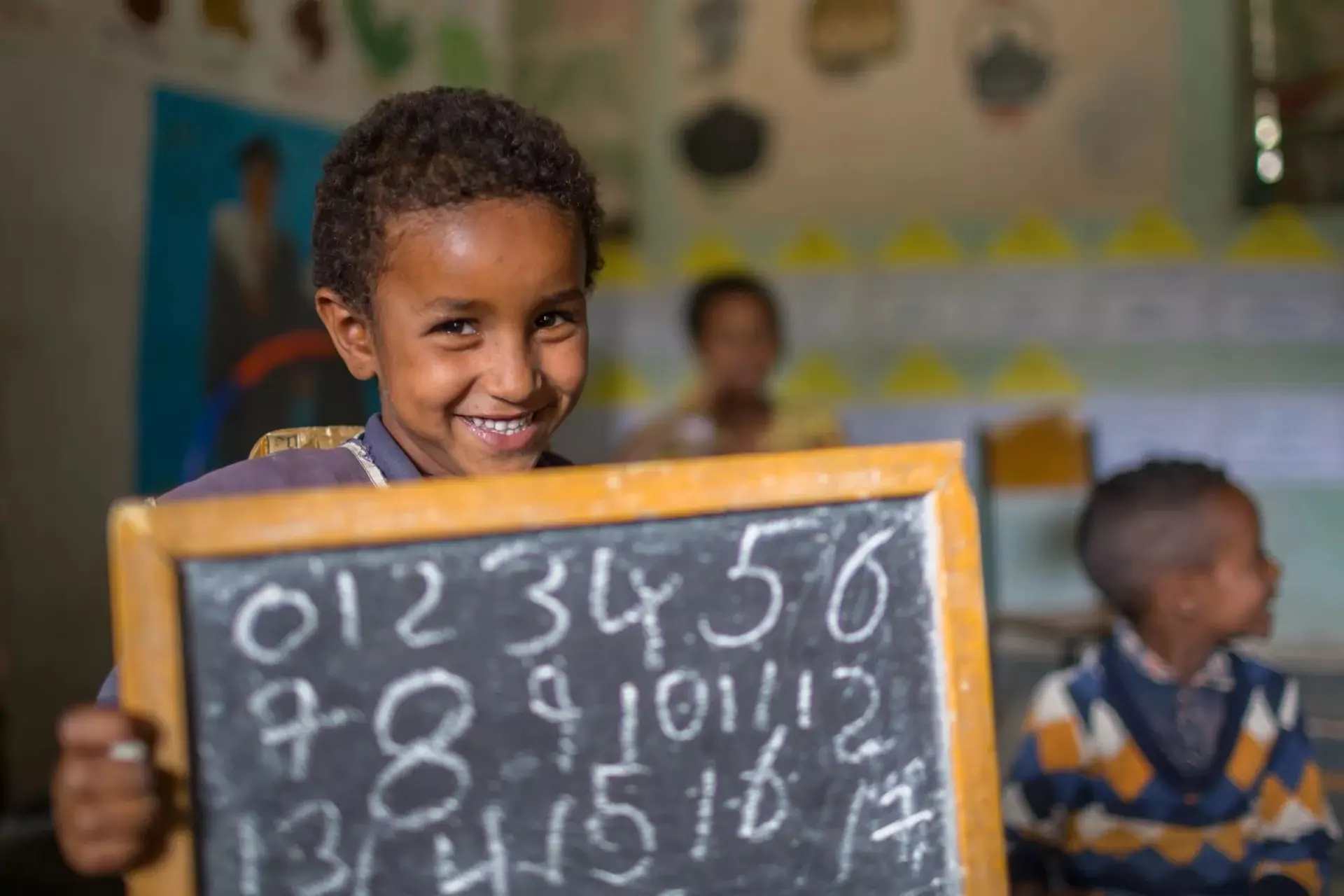
Colonel Abiy Ahmed’s Education Paradox: From School Dropout to Disrupting Ethiopian Education
(The Habesha) – Colonel Abiy Ahmed discontinued his education at the elementary level. He has clearly expressed his desire to refrain from creating any educational institutions or launching a university during his
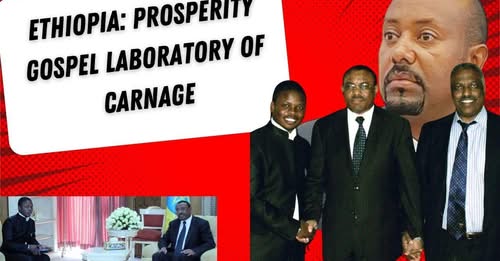
The Impact of Prosperity Gospel Governance on Ethiopian Nationalism
At the heart of East Africa, stands Ethiopia, a nation with a long and resilient history, currently struggling with an escalating crisis. The tension between the Oromo nationalists and the prosperity gospel
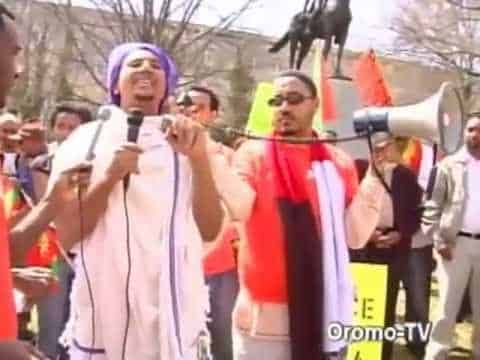
We should welcome and embrace Jawar in the struggle, but with caution.
Allelign Sisay Dear Jawar. You must answer the following questions to build confidence and trust with non-Oromo Ethiopians, particularly with the Amharas. No one knows your true motives except God and Jawar,
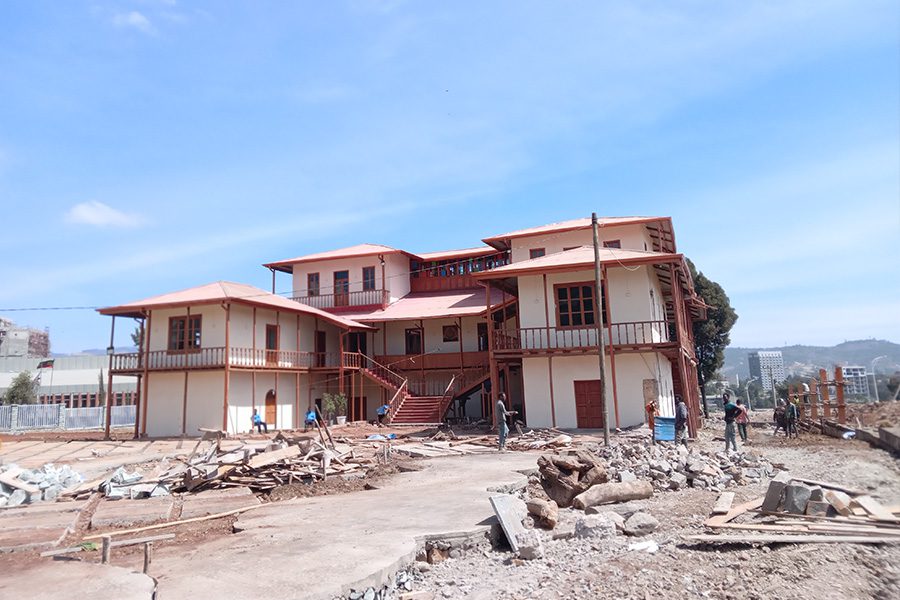
Preserving Ethiopia’s Cultural Legacy: A Call to Action for the Tayitu Cultural Center
(The Habesha) – As the dust swirls above what’s left of the Tayitu Centre for Culture & Education, the esteemed Alemtsehay Wedajo nurtures a dream. A dream to inject life into a
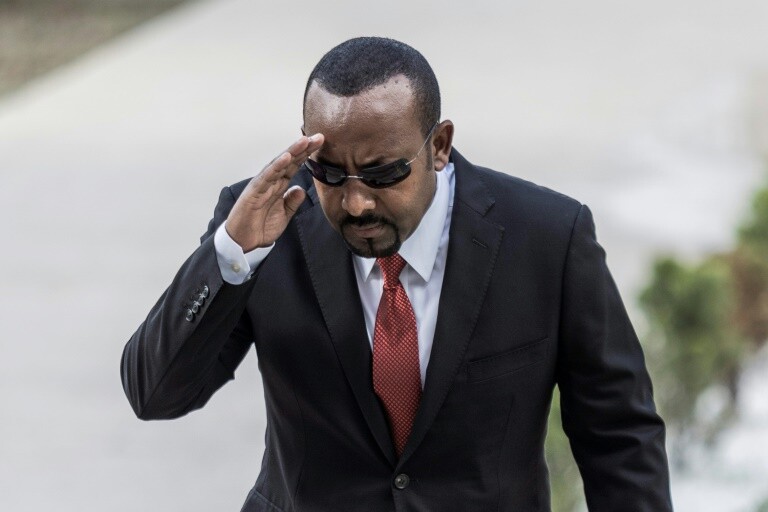
Ethiopia’s Economic Woes: 7 Insights Into the $100 Billion GDP Slump
Ethiopia’s GDP has reportedly decreased to approximately 100 billion dollars due to external factors. The nominal GDP of Ethiopia, which reflects the total value of goods and services produced within the country,
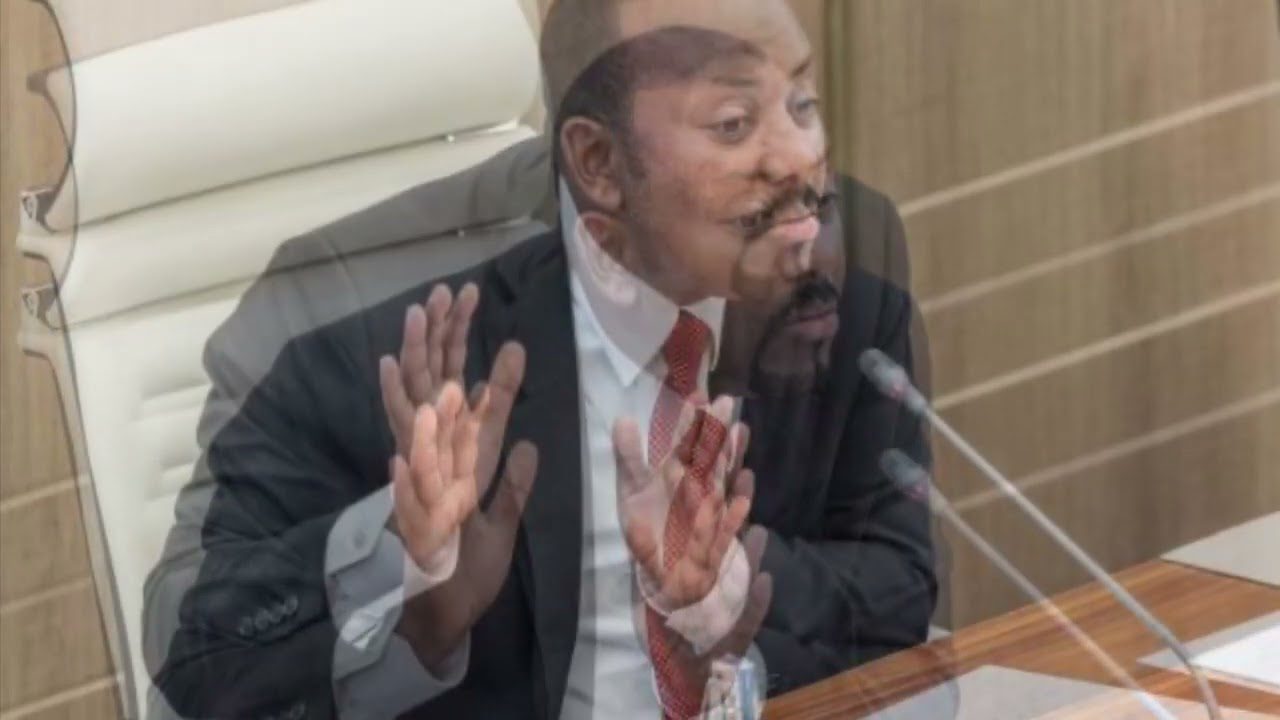
The Lawless Land of East Africa: An Examination of Anarchy in Ethiopia..
By Habtamu Kebede I obtained the details in this article from a reputable and trustworthy source. However, I have modified certain information to protect the identities of the victims from potential harm

Fearful Abiy Ahmed Drone Strategy: A Tactical Move Against Fano in Addis Ababa
The Ethiopian Federal Police Commission has inaugurated a newly established Unmanned Aerial Vehicle (UAV) Simulation Training Center at its headquarters. Speaking at the inauguration ceremony on 16 January, 2025, Commissioner General Demelash Gebremichael stated,
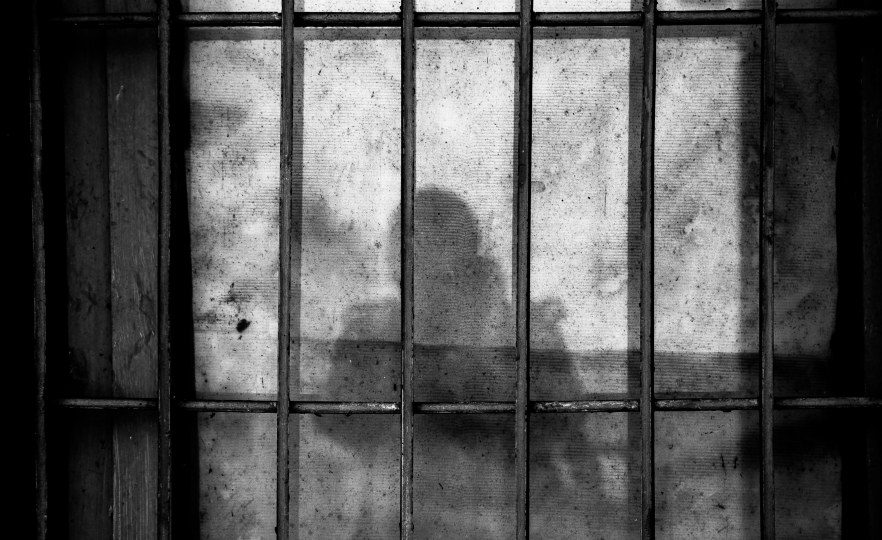
Ethiopia ranks among the most repressive countries for journalists in Africa – CPJ
As reported by the Committee to Protect Journalists, there are currently six journalists detained, with five of them confronting charges associated with terrorism. This situation highlights the ongoing challenges faced by media

Assessing the Charge of Genocide Against the Amhara People
Messay Kebede The circumstance behind this paper is the discussion I recently had with three eminent members of the Ethiopian intelligentsia, Aklog Birara, Geletaw Zeleke, and Yonas Biru. The purpose was to
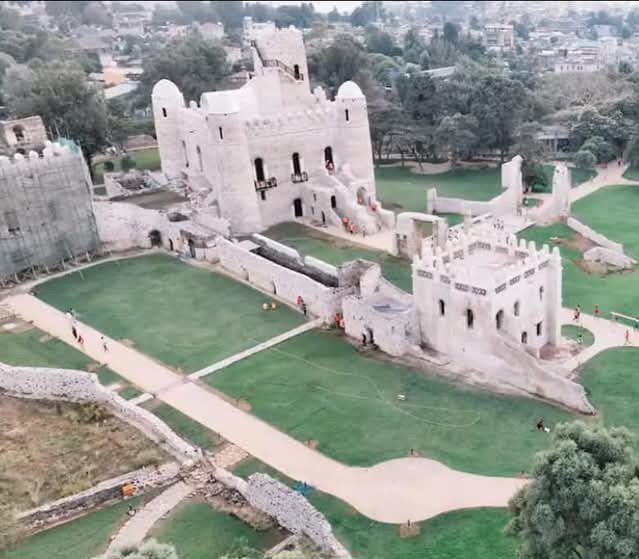
Gondar Castle Demolition: Understanding Abiy Ahmed’s Controversial Move Against Ethiopian History
(The Habesha) – In the realm of historical preservation, the line between restoration and innovation can often be blurred. This is especially true with the recent reconstruction of Gonder Castle orchestrated by
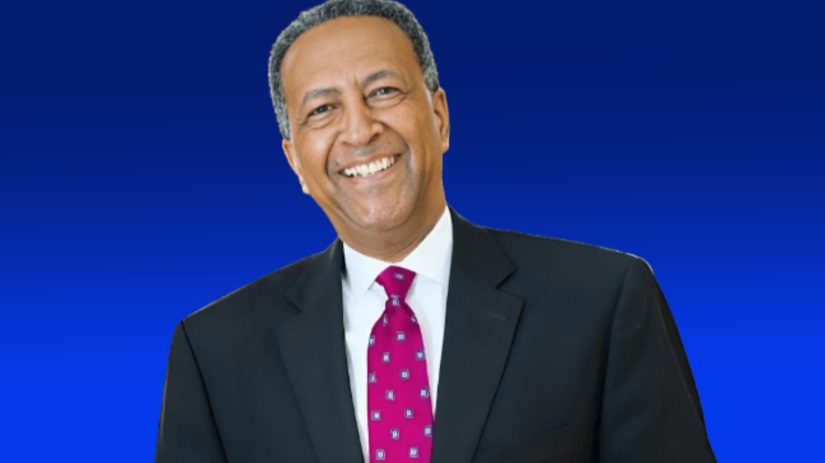
Open Letter to the Ethiopian Capital Market Authority: Unveiling the Truth Behind Ato Zemedeneh Negatu’s Claims
By LJDemissie January 16, 2025 Introduction In today’s fast-paced and interconnected world, credibility and expertise are essential for business leaders to establish trust with stakeholders. However, the ease of self-promotion through social

Six Years of Atrocities: Genocide and Struggle Under Abiy Ahmed’s Rule
(The Habesha) – For six years, Ethiopia has endured a harrowing period marked by genocide and struggle under the leadership of Abiy Ahmed. The nation is in crisis, characterized by rampant violence,

Moges Teshome’s Review of Jawar’s book: A Bird’s Eye View Yet Insightful
Yonas Biru, PhD Moges Teshome’s review of Jawar’s book (አልፀፀትም) provides a brief yet insightful summary of what he considered to be key salient points of the book. I have not read
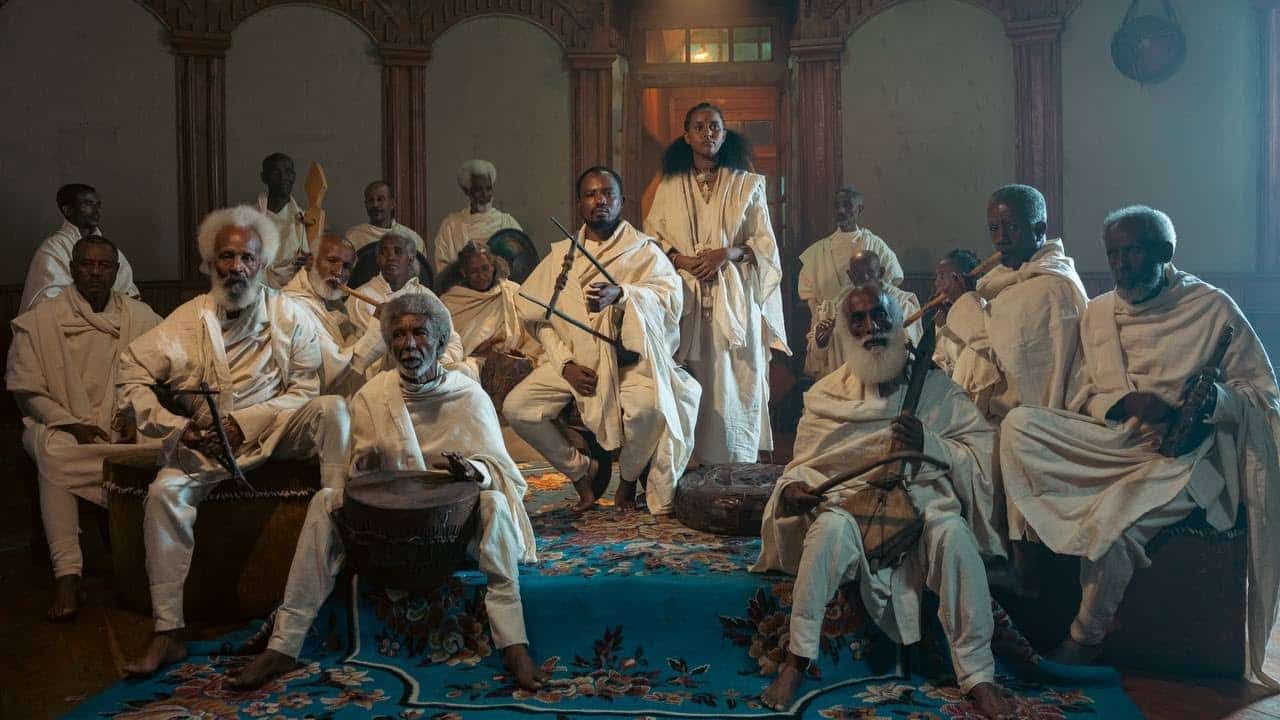
Ethiopia’s Resistance Legacy: Aschalew Fetene’s Tribute to Ras Woubneh Tessema (Amoraw Kamora)
January 15, 2025 Caleb T (Dr.) Image from “Amoraw Kamora” by Aschalew Fetene – Music Video (2025). Introduction Aschalew Fetene, a celebrated Ethiopian musician, has recently released a new music video titled

Amoraw Kamora | Aschalew Fetene – Music Video 2025
The collaboration between Amoraw Kamora and Aschalew Fetene is anticipated to resonate with audiences, offering a fresh perspective on contemporary music. With its engaging visuals and compelling narrative, this music video aims
